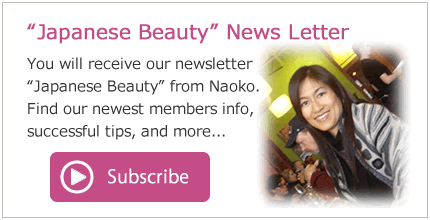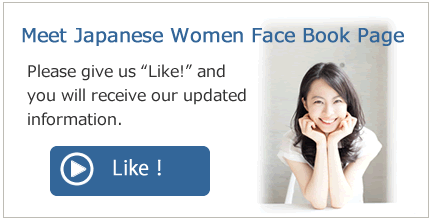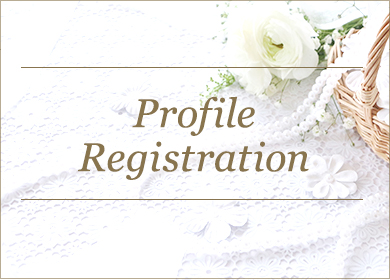- Blog
- Far Apart | Dating & The City Episode 8
Dating and The City
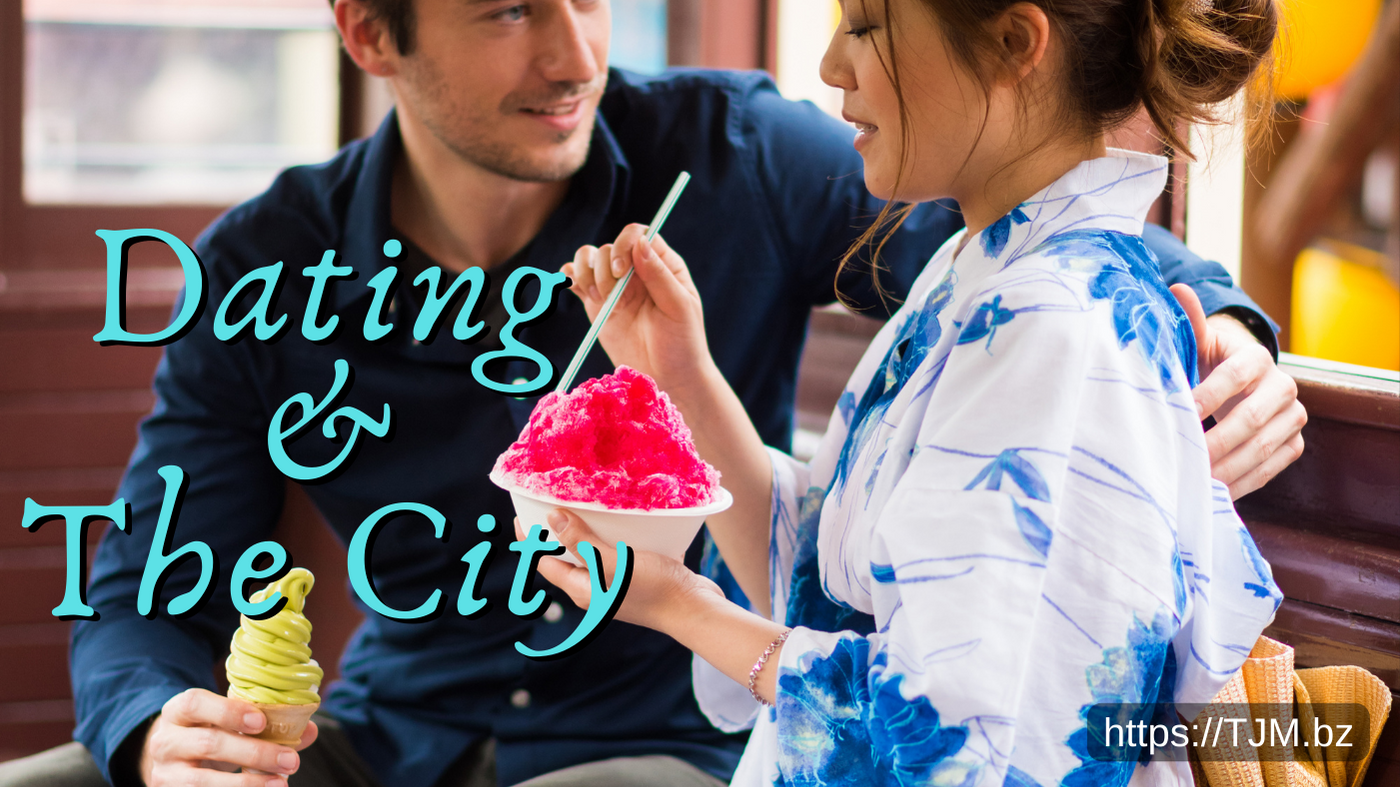
Far Apart | Dating & The City Episode 8
Tomo (Living in NYC)I am a single Japanese woman living in NYC. After ending the long-distance relationship with my former Japanese boyfriend, I went back to the dating scene for the first time in almost 10 years. Then I decided to try something that I had never done before– online dating with non-Japanese men. It was a completely different experience for me to date men from different racial and cultural backgrounds. They are typically good at complimenting ladies, carrying good conversations, keeping ladies entertained overall, and making them laugh by being funny. At the same time, it can be tough. What I say and do or what he says or does could be confusing, misleading, or even become a deal breaker. In my column, I will share my cross-cultural dating experiences from a Japanese woman’s perspective, hoping that they should be helpful as tips for those who’re seeking cross-cultural relationships (with a Japanese woman in particular).
Dating & City Episode
| 1 | 2 | 3 | 4 | 5 | 6 | 7 | 8 | 9 | 10 | 11 | 12 |
Dating & The City Episode 8
Contents
Far Apart
As we saw in the last episode, are completely different, I’d say they’re opposite. I’d love to help you guys better understand our culture and our way of thinking, so you’d understand your Japanese date or partner better. I will introduce you to some of the old proverbs or sayings that capture the essence of our values or mentality.
“Asian Mute”
In our culture we do not have a custom of public speaking, and being vocal is not encouraged. Growing up, we had no class for debate or public speaking as many Western countries’ school systems do. In the classroom, if you raise your hand and say something in front of your classmates, you’re expected to say something extraordinary, completely new, original, and amazing. That’s why the Japanese remain quiet and westerners sometimes call it “Asian mute.” While it’s offensive to be identified that way, I have to admit that it’s largely true. But of course, that does not mean we’re not thinking or feeling. Besides, in the Japanese culture, being quiet has its value.
This leads to the first two proverbs, ‘chinmoku wa kin (‘silence is gold’)’ or ‘kijimo nakazuba utaremai (‘a pheasant won’t be shot if it does not cry’).’ Both of them mean that silence is valuable and perhaps better than being vocal or saying something. Avoiding unnecessary talk can prevent disaster falling upon one. As you can see, in the Japanese culture, instead of expressing your opinion, remaining silent is encouraged and such attitude is welcomed. Can you imagine?! How different our thought process is from the American way of thinking, which is all about expressing yourself, being unique, and standing out in the crowd!
Keeping a Low Profile
If I am asked to mention only one proverb that describes the strongest aspect of Japanese culture, it would be “deru kui wa utareru (‘a nail that sticks out will be struck’).’ This means that you should keep a low profile or you will be criticized or marginalized in the community that you belong to. Therefore, this proverb suggests that you not stand out by expressing your opinion or individuality. I tried to discover if there’s anything close in the western world. The closest I could find was “tall trees catch much wind.” However, if you are exceedingly smart, talented, unique, or have a very strong personality, nobody will bother you. It is a well-known story that Konosuke Matsushita, founder of Panasonic, one of the largest consumer electronics companies in Japan and in the world, once said, “While a nail that sticks out a little bit will be struck, a nail that sticks out a lot would not be.”
By the way, how was this kind of attitude formed? My hypothesis is that since Japan was historically an agriculture-based society, people needed to work with others in the community. Therefore, any elements (such as strong opinions or selfish behavior) that could potentially stir the peace and harmony of the community was not welcomed and discouraged as it threatened the survival of the entire community.
Asking Questions Is A Big Deal
So, people are very cautious about opening their mouths to express their viewpoints or thoughts in public in Japanese society. This kind of attitude leads to the next proverb, ‘kiku wa isshun no haji, shiranu wa issho no haji (‘asking a question takes embarrassment for a second, not knowing takes embarrassment for life’).’ Can you see how asking question is such a big deal for the Japanese people? First of all, people think asking questions is an embarrassment!! That’s so crazy!! I still remember when I was in graduate school. I was shocked to hear my professors repeatedly saying, “Any question is a good question.” Back then, still fresh from Japan, I would start my question in the class with a phrase such as “This might be a stupid question but…” One time, a professor interrupted me and said, “No question is a stupid question. You can ask me ANY question!” WOW. I was quite touched by this professor’s comment and it was such an eye-opening experience.
In American culture we’re encouraged to ask questions. ANY questions. Because that’ll lead to developing a deeper discussion and more thorough understanding of the subject matter. People are expected to be a part of the conversation as members of the community and society. Therefore, remaining silent will be frowned upon because it appears as if the person is not participating or contributing. I love this aspect of American culture, collaborating with others to make the community stronger.
Instead…Your Eyes Can Tell A Lot
Ok. Enough about Japanese not being vocal and being a quiet audience. If they don’t speak much, how would you know what’s on their mind? As I mentioned, there’s no tradition of public speaking or debating in Japan. Instead, sometimes we would pay close attention to the expression in people’s eyes. We say, ‘me wa kokoro no mado (‘eyes are the window of the heart’).’ There is also ‘me wa kuchi hodoni mono wo iu (‘eyes can talk as much as mouth’).’ If your Japanese date is quiet and does not speak much and you don’t understand what’s on her mind, maybe it’d be helpful to observe her eyes. If you are sensible enough to detect subtle changes in her feelings or read her mind by looking in her eyes, she’d be very impressed by you! But if you don’t, that’s ok, too. Because you can just ask!
Cautious Japanese
The Japanese society is not very forgiving of other people’s failures. That’s why everybody tries so hard to be perfectionists. They’re afraid of making mistakes and they’re risk adverse. If you fail once, it is very hard to regain trust and support from others and society in general. This conservative attitude is revealed in their attitude toward investments as well. Can you believe only 10% of household assets are invested in stocks in Japan while in the U.S. 38%? This extreme cautiousness is revealed in ‘ishibashi wo tataite wataru (‘strike the stone bridge before crossing it’).’ A bridge of stone is already strong and steady. So this proverb is describing being extremely (and probably unnecessarily) cautious. Sometimes, we Japanese would joke self-deprecatingly, ‘break the stone bridge by striking too many times.’ We know being too cautious sometimes would do you harm because you might lose a once-in-a-lifetime opportunity and regret it later. On the other hand, in American culture, taking a risk is seen as a courageous and admirable act. Can you see why I am saying we’re completely opposite?
Patient Japanese
If there’s an Olympic game for patience, I am sure that the Japanese will win the gold medal. Again, because Japan was historically an agrarian society, they could not control the natural environment such as weather, temperature, rainfall, pests, etc. People’s life and death were largely up to nature’s benevolence and they had no choice but to accept what’s given by nature. I believe that way of living had a significant influence on the development of the Japanese people’s personality. They tend to take a longer perspective and it has benefit to be patient. ‘Ishi no uenimo san nen (‘sitting on a stone for three years’)’ means unless you stick with one thing for at least 3 years, you won’t really learn a thing. We also say ‘tanki wa sonki (‘being short-tempered will backfire and become disadvantageous’).’ You can see in general the Japanese would prefer taking time and having a long-term perspective about many things. On the other hand, American culture tends to rush to easy gratification, trying to accomplish something in a minimal amount of time.
Admonish Arrogance
Politeness and good manners are extremely important in our culture. ‘Rei ni hajimari rei ni owaru (‘beginning with rei and finishing with rei’)’ represents this aspect of the Japanese society. ‘Rei’ is respect with politeness. If your attitude lacks in ‘rei,’ people will get upset. This way of thinking or societal code is reflected even in the world of sport. For example, in kendo or Japanese fencing, when a player scores a point, if the player holds up his/her fists to express his/her excitement, the score will be canceled. Because such action is against ‘rei,’ which is a fundamental value and at the core of martial arts including kendo. I didn’t know this until relatively recently and personally thought it’s too much. What’s wrong with expressing their excitement? Players worked hard to win, and they score a point. Who would not get excited? But that is the way it is anyway. The Japanese culture is so uptight about everything (maybe that’s why I left the country…)!! Or maybe I am just very Americanized now.
Bold As A Group
What’s your typical image of Japanese people? Quiet, follow rules and well-behaved, right? It is largely true most of the time, but sometimes they break the rules by acting as a group. ‘Aka shingou minna de watareba kowakunai (‘you don’t have to be concerned about beating the red light when crossing in a group’) ’ describes such unlikely Japanese boldness when in a group. The Japanese are generally very law-abiding people, but they might ignore and violate the rules if others are also doing it. This 360 degree shift in their psyche when they act in a group is a bit concerning to me. Because it represents a tendency of the Japanese people to follow blindly what other people are doing or saying without thinking or criticizing as long as a number of other people are also doing it. There, what I see is a “mass” made of people who do not think for themselves or have their own opinions.
The Japanese also tend to follow those who have power or those who are in authority and hide themselves behind such powerful figures. Such attitude can be found in ‘yoraba taiju no kage (‘It’s better to hide behind a larger tree’).’ On the other hand, in American culture being defiant against authority or an authoritative figure is seen as heroic and is applauded. After all, this country was built by fighting against the British colonial authority. Again, completely different attitude toward authority. It’s so interesting, isn’t it?
Good Manners
I don’t know about current younger generations like people in their 20s, but Japanese in general are very well mannered and conscious of etiquette to others. For example, the Japanese will clean and organize the hotel room they stay in before leaving. They’d make the bed, put trash and garbage in a trash bin, wipe and clean the countertop, put things back to where they originally were. ‘Tatsu tori ato wo nigosazu (‘a bird does not foul the nest it is about to leave’)’ comes to my mind in describing such behavior. Leave everything neat and tidy when you go. That’s the Japanese way.
Helpful For Dating?
The last proverb I want to share is ‘uma niwa notte miyo, hito niwa soute miyo (‘try a horse by riding him, judge a person by mingling with him/her’).’ This saying is warning you not to judge someone without actually spending time with that person. Sound familiar? As I repeatedly wrote in my past columns, unless you actually meet the person and spend some time together, you won’t really know if you like them or not and how you actually feel. So, again, don’t sabotage yourself by judging your date without meeting her. We tend to make snap judgments about our date, but often it’s a good idea to take the time to get to know her.
So, what do you think of the Japanese personality? Do you think you can handle these differences from your own culture?
(Written by Tomo)
I am looking forward to her Dating & The City – Episode 9!
Naoko Matsumoto
Founder & CEO of Traditional Japanese Matchmaker
Traditional Japanese Matchmaker is the best dating and matchmaking service in Japan that is specialized for single professionals and Japanese women established in 1999. Please click the link below to sign up for TJM’s Free Registration if you are truly interested. We look forward to assisting you in finding your Japanese wife.
and more...
-

Blog
Join us for a special evening in Minato-ku, Tokyo. Monday, February 16 | 7:00 PM – 9:00 PM -
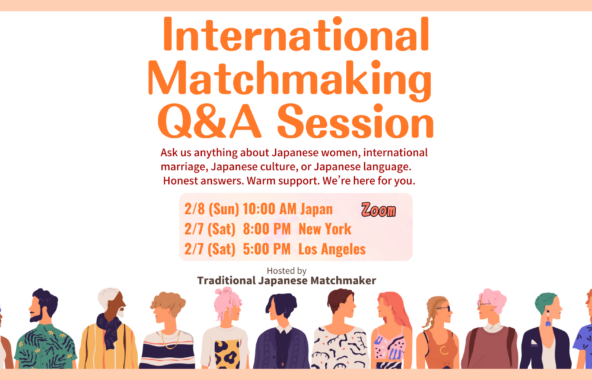
Blog
TJM’s International Matchmaking Q&A Session with Naoko & Roland -
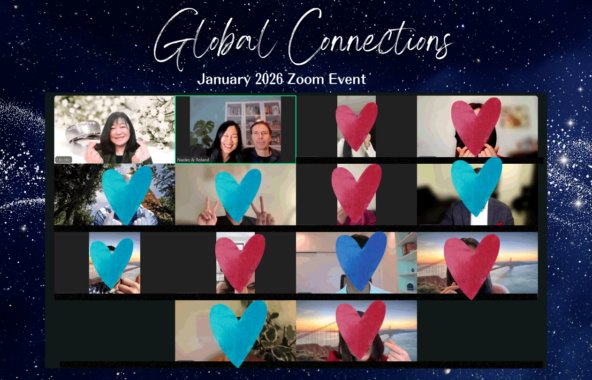
Blog
TJM is Connecting Hearts Worldwide via ZOOM — January Event Report & The Secret to Being the “Chosen One” -

Blog
Love Sparks Suddenly, But Only Your Dedication Can Make it a True Destiny -
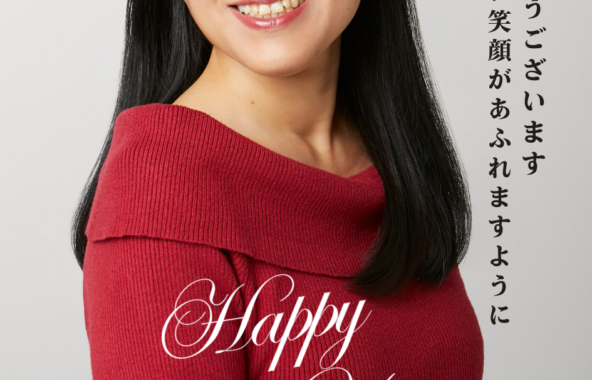
Blog
Happy New Year 2026 -
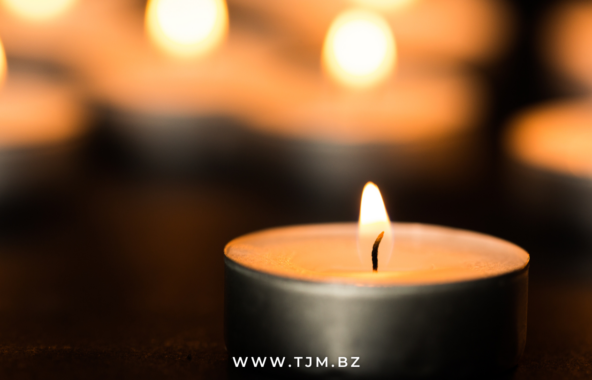
Blog
Not “Someday,” but Now ― Why Waiting Costs More Than You Think After 50

 日本語
日本語
